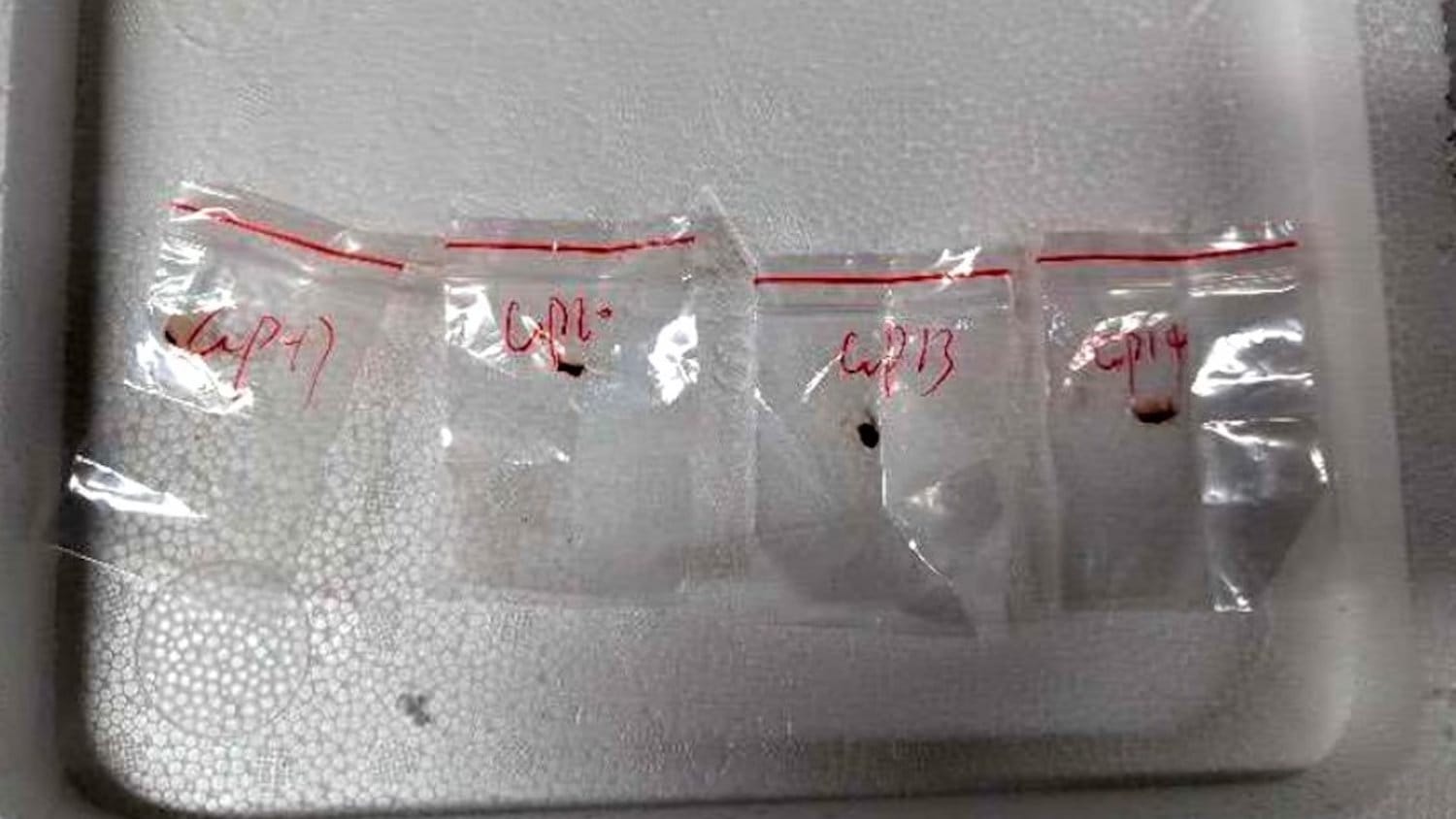June 4,2025
On June 4, 2025, a startling incident unfolded at Detroit Metropolitan Airport, casting a spotlight on the delicate balance between international scientific collaboration and national security. Two Chinese nationals, Yunqing Jian, 33, and Zunyong Liu, 34, were charged with smuggling Fusarium graminearum, a dangerous fungal pathogen, into the United States. The case has raised alarms about agricultural biosecurity, foreign influence in American academia, and the potential misuse of biological materials as agroterrorism weapons.
The arrests of Jian and Liu, reported at 12:41 PM IST on June 4, 2025, followed their attempt to bring Fusarium graminearum into the U.S. for research at a University of Michigan laboratory. Jian, a researcher at the university, and Liu, affiliated with a Chinese university, face serious charges, including conspiracy, smuggling goods, making false statements, and visa fraud, as outlined in a press release from the U.S. Attorney’s Office for the Eastern District of Michigan. Liu admitted to smuggling the fungus, while Jian’s electronic devices revealed her ties to Chinese government funding and membership in the Chinese Communist Party, intensifying concerns about the motives behind the act.
The FBI, supported by U.S. Customs and Border Protection (CBP), acted swiftly to apprehend the individuals. U.S. Attorney Jerome F. Gorgon, Jr., described the incident as one of “gravest national security concerns,” emphasizing the potential threat posed by the fungus. Jian is scheduled for an initial court appearance in Detroit, and the investigation continues to uncover the full scope of the incident.
Fusarium graminearum, commonly known as the head blight fungus, is a formidable adversary to global agriculture. It primarily affects crops like wheat, barley, maize, and rice, causing significant yield losses and economic damage. Between 1991 and 1996, the fungus was responsible for an estimated $3 billion in losses to U.S. agriculture, underscoring its destructive potential. Beyond its impact on crops, Fusarium graminearum produces mycotoxins, such as deoxynivalenol (DON), which pose serious health risks to humans and livestock, including vomiting, liver damage, and reproductive defects.
Due to its ability to devastate food supplies, the fungus is classified as a potential agroterrorism weapon, capable of disrupting agricultural systems and food security on a massive scale. Its unauthorized transport into the U.S. raises red flags about the safeguards surrounding biological materials and the risks of their misuse.



The smuggling attempt has ignited a firestorm of debate about foreign influence in U.S. academic institutions. Jian’s connections to Chinese government funding and the Communist Party have fueled suspicions of espionage or strategic misuse of academic research platforms. The University of Michigan, where Jian conducted her research, now faces scrutiny over its oversight of international researchers and collaborations. This incident highlights the vulnerabilities in the globalized academic system, where the free exchange of knowledge can sometimes clash with national security priorities.FBI Special Agent Cheyvoryea Gibson and CBP Director Marty C. Raybon emphasized the critical role of federal agencies in intercepting such threats. Their collaborative efforts prevented the fungus from reaching its intended destination, but the incident has prompted calls for stricter regulations on the movement of biological materials and enhanced vetting of researchers with foreign ties.
The case comes at a time of heightened tensions between the U.S. and China, particularly in areas of technology, science, and security. While the charges against Jian and Liu are allegations and not proof of guilt, the incident adds fuel to ongoing concerns about China’s influence in American academia and research. It may lead to tighter restrictions on U.S.-China scientific collaborations, particularly in sensitive fields like biotechnology and agriculture.
Moreover, the smuggling of a potential agroterrorism weapon underscores the importance of protecting global food security. Fusarium graminearum’s ability to devastate crops could have far-reaching consequences, not only for the U.S. but for any nation reliant on stable agricultural production. The incident serves as a wake-up call for governments worldwide to strengthen biosecurity measures and address the risks posed by dual-use biological agents.
As the investigation unfolds, the case is likely to spur significant policy changes. U.S. authorities may implement stricter controls on the import and handling of biological materials, particularly those with potential agricultural or health impacts. Academic institutions could face increased pressure to monitor foreign-funded research and ensure compliance with federal regulations. The incident may also prompt a reevaluation of visa policies for international researchers, balancing the need for open scientific exchange with the imperative to protect national security.



